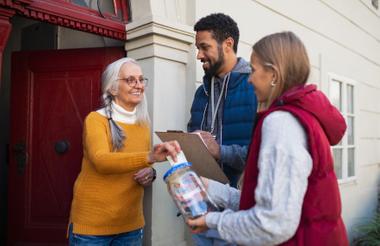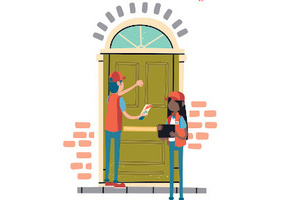Last month, the Fundraising Regulator opened its first-ever market inquiry which will look into issues around charities using subcontractors in fundraising. This comes on the back of a media investigation which alleged misconduct by a subcontracted door-to-door fundraising agency pressuring people to make donations to charities.
The regulator says that the market inquiry “will include fact-finding, sector engagement, and workshops with relevant stakeholders”. This is an important step by the regulator to better understand how fundraising subcontracts are arranged and, more importantly, how they can be monitored and potentially regulated. And it’s about time.
As our cover feature in this issue explores, most agencies take compliance with the Code of Fundraising Practice and charity law extremely seriously, and offer a high standard of service providing a lucrative income stream for many charities. Still, any charity looking to operate in this space should run due diligence at all levels to make sure not only that its direct partner agency is compliant but also whether any subcontractors are engaged and who they are.
However, due diligence can be complicated and time-consuming work, especially for resource-poor smaller charities. Having the regulator better understand how these practices work and offer clearer guidance on what best practice actually looks like when it comes to subcontracting door-to-door and street fundraising is a welcome move.
As face-to-face reasserts itself in the market following the pandemic-enforced fallow period, this first point of contact with the public is critical to how charities are perceived. It is essential that it is not only compliant but also ultimately a pleasant and fulfilling experience for people, allowing both big and small charities to enjoy that close engagement with supporters and get access to this substantial income stream.
@stevejcotterill is editor of Fundraising Magazine












